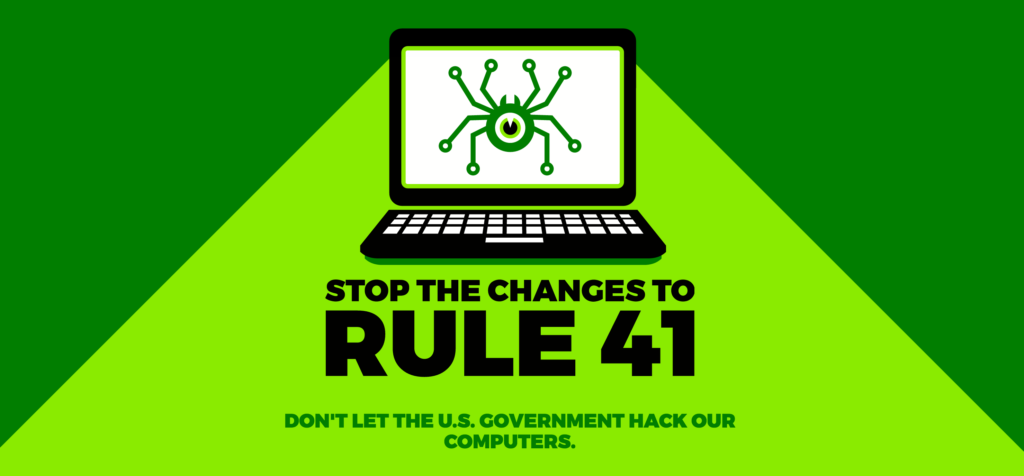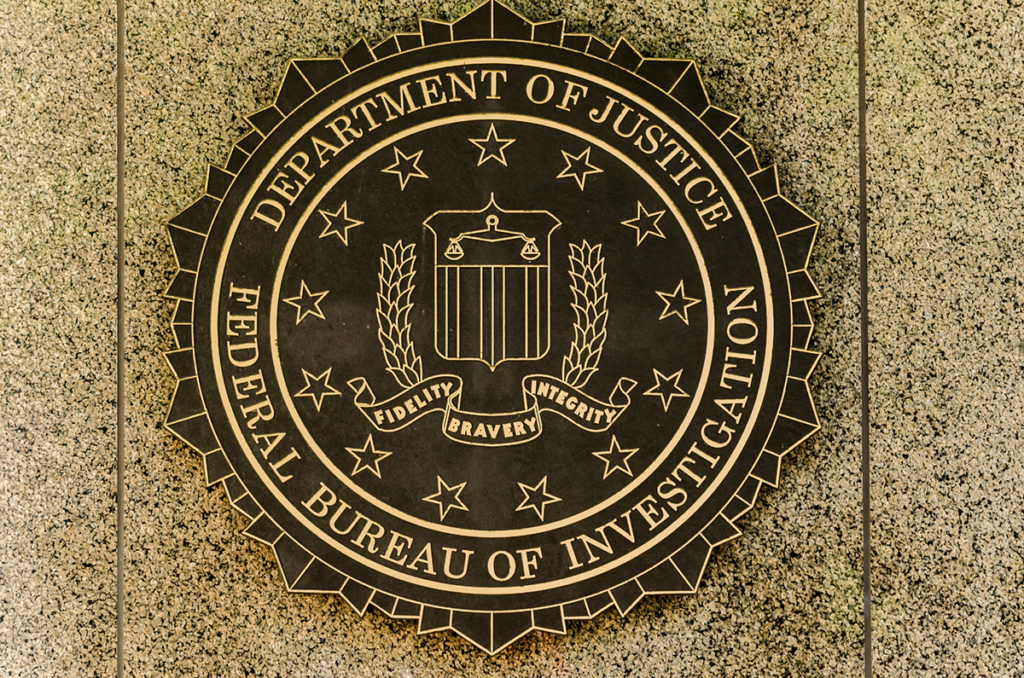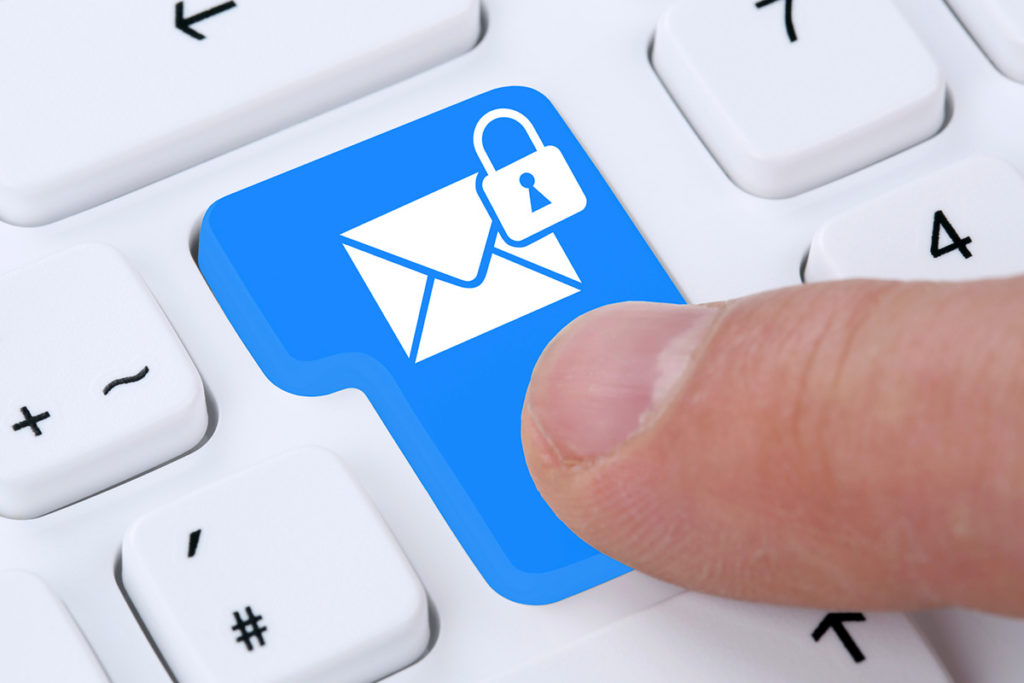
I’m just an average man, with an average life
I work from nine to five; hey hell, I pay the price
All I want is to be left alone in my average home
But why do I always feel like I’m in the Twilight Zone?When I come home at night
I bolt the door real tight
People call me on the phone I’m trying to avoid
Well, can the people on TV see me
Or am I just paranoid?
Rockwell’s “Who’s Watching Me?” tells the story of a man who feels like he is under constant surveillance by some unknown entity. Two stories out of the world of tech privacy and surveillance today would likely make Rockwell think those lyrics didn’t go far enough. Or, as Max said in the cult classic movie Strange Days:
The issue’s not whether you’re paranoid, Lenny, I mean look at this shit, the issue is whether you’re paranoid enough.
It was revealed today that hacker-turned-Facebook-founder Mark Zuckerberg tapes over the camera on his laptop, as does FBI Director James Comey. That latter part is particularly ironic given that its quite likely the FBI that may be spying on you. As I mentioned yesterday, the FBI is already using software to scan almost a half billion images of Americans (despite few privacy protections). It’s also no secret that the FBI is pushing for massive new surveillance powers under the guise of “keeping us safe”.
It’s good, then that a coalition of internet companies have come together to create a public awareness and advocacy campaign. No Global Warrants is pushing to raise awareness and has a petition up to contact Congress to make your voice heard. While that is unlikely to prevent government from further suppressing your rights, it should, hopefully, make people aware of the issue and aware of how extensive the government’s expansion of its surveillance capability is.
In the meantime, there are some steps you can take to protect yourself. First, you can follow Zuckerberg’s lead and secure your cameras. Amazon sells these handy little slides for laptops and tablets that slide open and closed easily and avoid the tape residue. These cell phone camera covers are also handy and better looking than tape. You also might think twice about sharing a ton of photos of yourself. I realize that is probably unheard of in our selfie obsessed culture, but it makes facial recognition much more accurate if they have snaps of you from every angle.
There are steps you can take to secure your physical devices like ensuring your hard drive and all external storage are encrypted (I like VeraCrypt). Apple has encryption built in through FileVault, but you have to enable it through System Preferences -> Security & Privacy -> FileVault.
You should also, under NO circumstances, be using the same password on every website. I’ll be covering that soon, but there are a lot of password lockers that a) keep all of your passwords securely and b) make it so that you don’t need to remember passwords at all. They’re easy to setup, and enable you to have different, unique, and strong passwords for every site you visit. With free services like Dropbox to store the encrypted password files, you can also use them on every device.
While many of these steps will help protect you from hackers and identity thieves, the FBI has also been known to illegally hack computers. While much of the evidence stemming from that investigation has been tossed by several courts, the FBI is pushing to address that problem through these expanded powers. So you really want to get comfortable with protecting your information from actors both good and bad.




